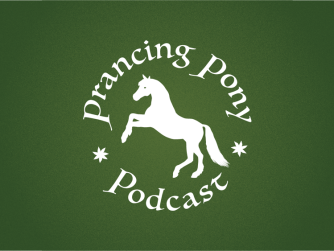A great feast is held in the conclusion of Chapter 13 of The Silmarillion, but not all is well in Beleriand, and two Elf-princes receive important messages about taking action before it’s too late. The Noldor successfully place Angband under a siege that will last for centuries, but Morgoth has a new secret weapon in development. A question from Barliman’s Bag gives us a chance to revisit Fëanor – and Tolkien’s own thoughts about the character – one last time, and we stretch the limits of pop culture reference.
Recommended Reading:



Again, I apologise for my tardy responses (but then, an artist is never late, Mr Baggins) – I had two thoughts on this episode that I didn’t hear addressed at the beginning to the next.
One of them is an explanation of the pronoun “he” for the river. Being German, I always attributed that to the genders in Germanic languages. “Fluss” (river) is masculine, so it would make sense for Tolkien to pick up on these (similarly, as you pointed out, with the Sun and Moon being feminine and masculine, respectively). Being German helps hugely with the Silmarillion, by the way – “leaguer” and even more so “beleaguer” survive almost unchanged in German (belagern).
The other thing crossed my mind when you talked about Melian and Galadriel’s lembas-baking. I was sort of waiting for Shawn to bring up the Old English origin of the word “Lady”, which is hlǣfdīge, literally “loaf-kneader”, so the one in the house that bakes the bread (as opposed to the Lord, the hlāfweard, who just guards it. (Jealously.)
Aaaaah nevermind, I ought to have listened further than Barliman’s Bag! There it was in the next episode. Sorry.
No apologies necessary, Jenny! We did get lots of answers from German-speakers (and a few Scandinavian language speakers) about “Fluss” and similar words, so that does seem to be the most likely reason for using “he”. Thanks!
I don’t think we’ve ever gotten a chance to talk about the Old English origins of “Lord” and “Lady” though. I knew their etymologies, but didn’t think about the connection to lembas. That’s a brilliant point, and we’ll talk about that in an episode soon when we get to Lothlórien. Thank you!